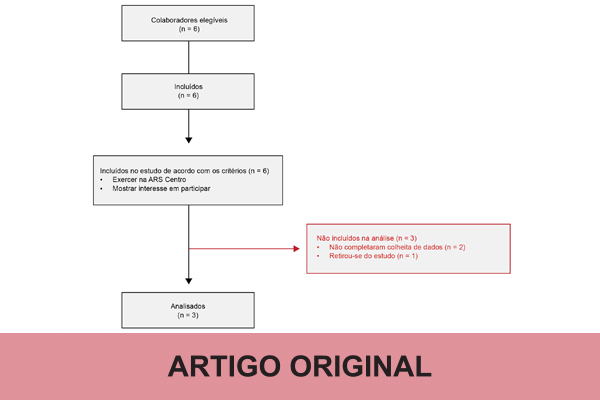SOCIAL MEDIA
Portuguese Medical Association's Scientific Journal

Introduction: The increase in life expectancy brought a higher prevalence of chronic diseases, with an emphasis on those who reached advanced stages and required palliative care. We aimed to characterize patients diagnosed with advanced neoplasms and/or dementia accompanied in primary health care and to test the sensitivity of two tools for identifying patients with palliative needs.
Methods: We recruited three voluntary family physicians who provided data relative to 623 patients with active codification for neoplasm and/or dementia on the MIM@UF platform. We defined ‘patient with palliative needs’ as any patient with this codification in advanced stadium and made their clinical and sociodemographic characterization. Assuming the existence of advanced-stage disease as the gold standard, we calculated and compared the sensitivities of each of the tools under study: the surprise question, the question ‘do you think this patient has palliative needs?’ and an instrument that corresponded to identification by at least one of the questions.
Results: Among the analyzed data, there were 559 (89.7%) active codifications of neoplasm and 64 (10.3%) of dementia; the prevalence of advanced neoplasm and dementia was 1.0% in the studied sample. The subgroup of patients with advanced dementia showed female sex predominance, an older age, and less access to health care. In both subgroups there was a scarcity of data related to education and income, and we observed polypharmacotherapy and multimorbidity. The sensitivity of the surprise question was 33.3% for neoplasia and 69.3% for dementia; of the new tool 50.0% for neoplasia and 92.3% for dementia; and, when used together, 55.6% for neoplasia and 92.3% for dementia.
Conclusion: Our results help characterize two subpopulations of patients in need of palliative care and advance with a possible tool for their identification, to be confirmed in a representative sample.